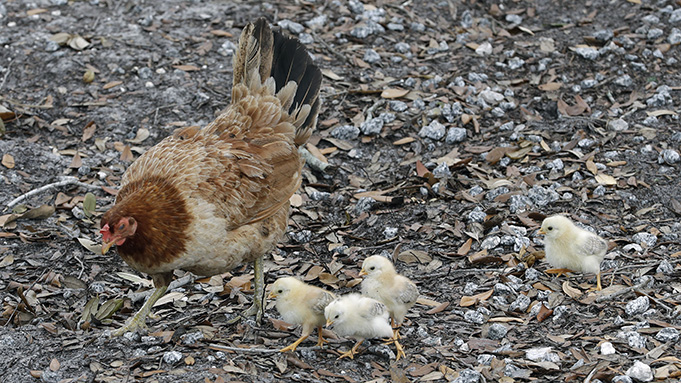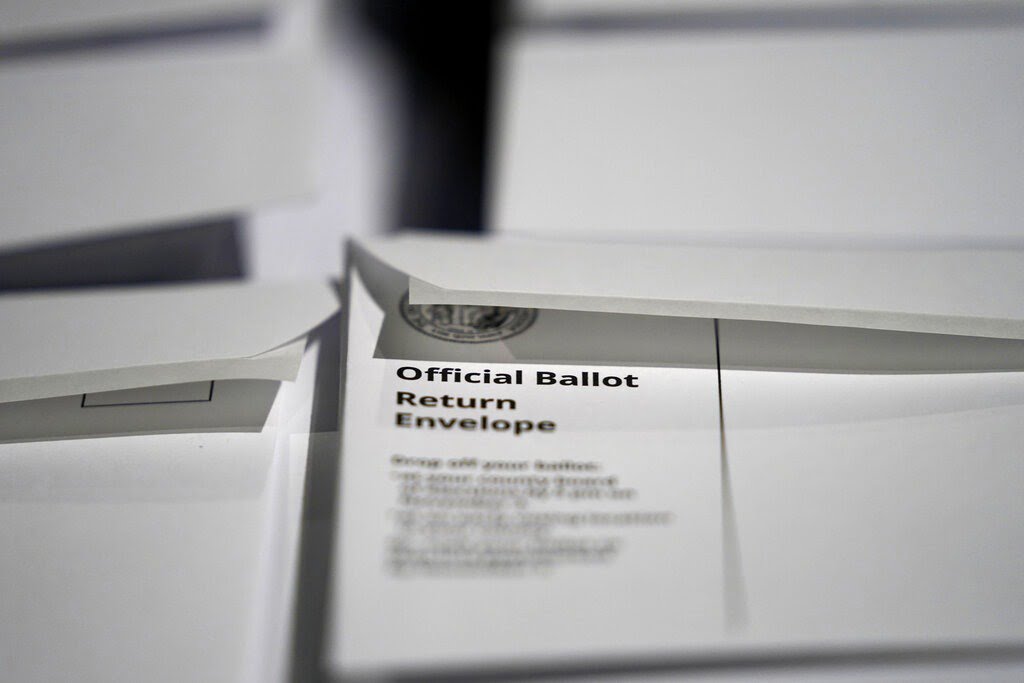ASHEBORO — Summer heat and humidity is upon us and we are all looking for ways to cool off. Your backyard feathered friends are no exception. Chickens are becoming popular as backyard egg producers and pets so owners should be on the lookout for heat stress on members of their flocks as the summer heat reaches its peak.
An experienced chicken keeper knows their flock, their personalities and habits. This type of relationship provides you quick insight into changes in flock disposition that can be an early sign that something is a little off. Disease or other stressors can decrease production, cause unnecessary stress and fatigue, or even mortality. Although all flocks and flock members will behave a little differently under normal circumstances, there are some obvious signs that your birds could be experiencing heat stress. Keep an eye out for these symptoms which could require immediate action: panting/labored breathing, holding wings out and away from the body, pale combs and wattles, decrease in egg production, decrease in energy or enthusiasm, or loose fecal droppings.
If your birds are exhibiting these symptoms, it’s important to take immediate action. And even if they’re not, the following are good precautionary measures to prevent heat stress in your flock.
Be sure that fresh clean water is readily available and kept in a cool shady area. If water consumption is decreased, adding electrolytes can be a good way to boost water intake and reduce dehydration. Electrolytes can be purchased in various forms but are most often found in water soluble powders that mix easily in your water source. Be sure to follow the product’s label when mixing as a highly diluted solution will not provide necessary intake and an over concentrated solution may actually cause birds to drink less.
Keeping your flock cool is also important. If your coop is mobile, relocate it to shady area with good ventilation. If your coop is stationary, look for ways to encourage air movement by opening any and all vents in the structure. If you have an electrical supply nearby, adding a fan can be helpful. We all know the value of a good breeze on a hot summer day.
If your birds are free range or your coop has an outside run, be sure they have access to shady areas. Placing feeders and drinkers in those areas can encourage chickens to spend more time out of direct sunlight. Placing temporary roosts or other forms of enrichment in shady areas also helps encourage birds to stay cool. If natural shade is not available in your run, consider providing temporary shade until the fall when cooler weather returns. Think pop up tent, tarps, shade cloth, etc.
Summertime is also a good time to change out older deep bedding that may be acting as compost and a heat source. New bedding will be less compacted and facilitate the escape of excess body heat. Selecting a coarse bedding – think shavings instead of sawdust – will also allow for more air space and facilitate natural air flow.
If you have exhausted all of the above, and your birds are still exhibiting signs of heat stress, moisture can do the trick. Adding misters in areas that the birds frequent or lightly dampening the ground with a water hose in common areas can encourage evaporative cooling. Some producers may even find it beneficial to add small wading pools with shallow water for the birds to access, but not all feathered friends will be a fan of this feature.
Now that you know the signs of heat stress and what you can do about it, make sure you take the necessary steps to ensure the health and welfare of your feathered friends. If you need additional help with any of your poultry needs, your local extension office and area specialized agents are available to help.
Jonas Asbill is an Area Specialized Agent for Poultry Agriculture with the North Carolina Cooperative Extension Randolph County Center




